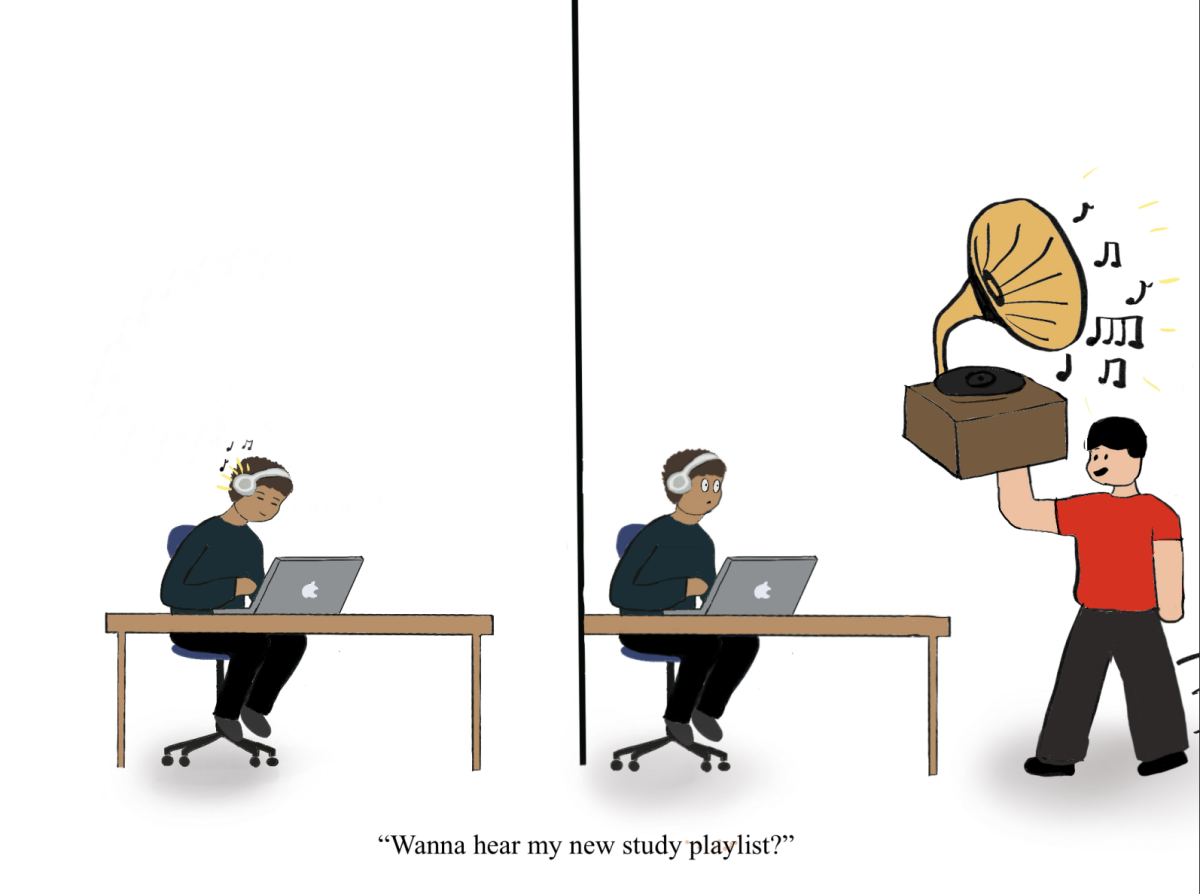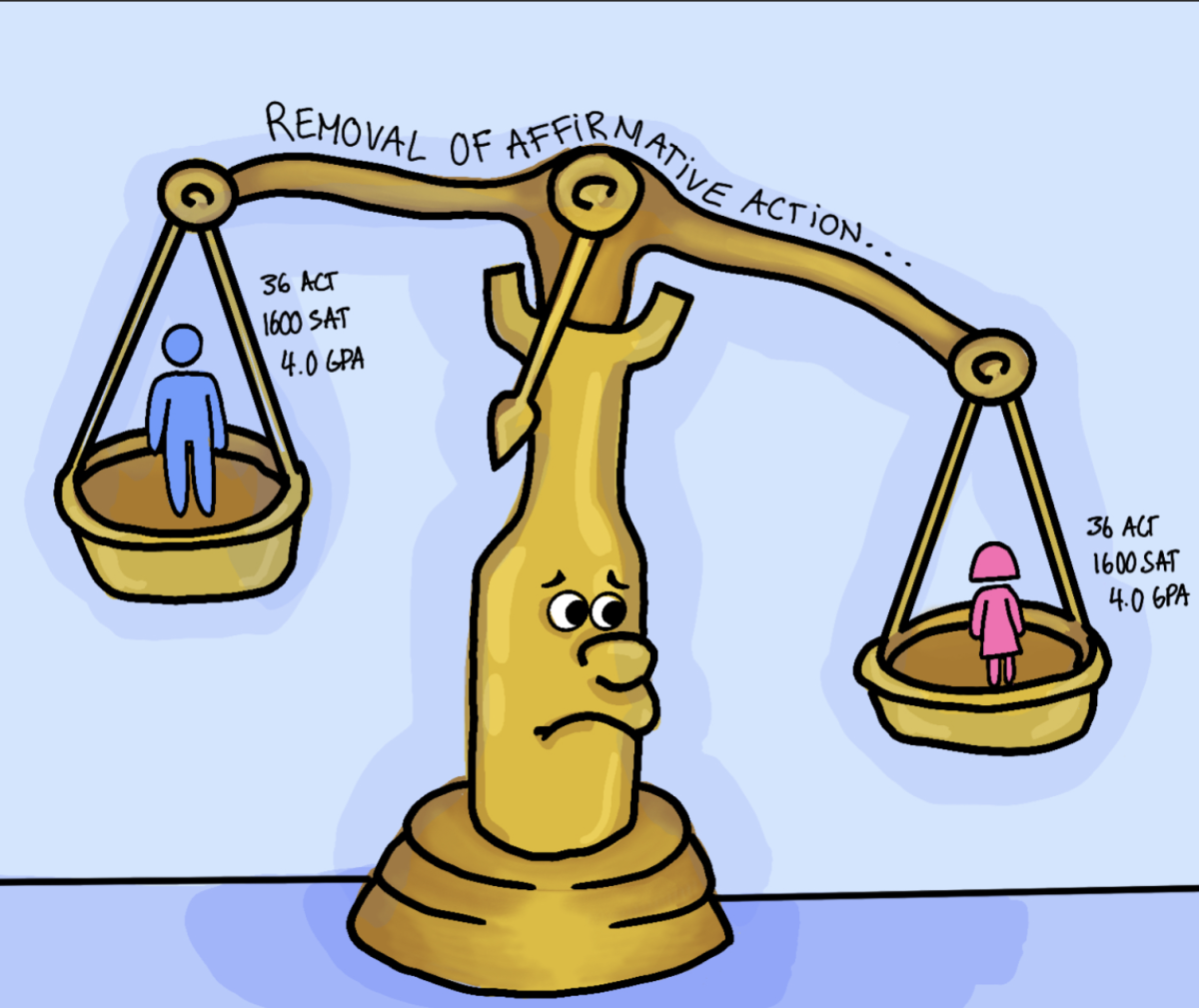While music is occasionally permitted during independent work, MHS teachers often prohibit– or at least limit– music during instructional time.
Still, you’ll often walk into a MHS classroom and observe a student with their hood up or hair in their face in an attempt to hide their airpods.
Globe staff sat down to address the issue and examine if there are any possible benefits to listening to music during class. The conclusion: it’s complicated.
Research has proven that music can foster a positive educational environment that results in improved cognitive performance.
In 2021, the ChildCare Education Institute published a study, noting how music can help with emotional development, language and literacy skills, and a general desire to work in the classroom.
Research conducted by the National University in San Diego, California further examined the benefits of listening to music and found that classical music proves to be the most beneficial, “increas[ing] mood and productivity.”
Other genres of instrumental music, including jazz and electronic music, are also correlated to increased productivity.
Without the inclusion of lyrics, these types of music have the potential to minimize distraction while stimulating productivity.
Science supports this statement as a study from the National Center on Safe Supportive Learning Environments suggests that music can expand one’s perception of information and knowledge by easing overthinking and improving concentration.
Moreover, Globe staff member Gina Intravaia (’26) notes how “when there’s a lot of background noise, the noise cancellation feature on airpods [or headphones] is life changing. It allows you to really focus and establish an independent environment.”
This sense of increased productivity can reduce stress and feelings of anger and anxiety.
Despite relatively extensive research in favor of listening to music while studying, Globe staff admit that music can often become not only a distraction but also an escape from class.
Jolie Schein (’26) notes how “music helps pass time in a boring class because it inherently is a distraction.”
Ultimately, it’s up to students to understand when and how to use music to further their academic success.
Understanding this agency is crucial and is relevant to the application of all technology in the educational sphere.
As long as respect and balance are considered when deciding to listen to music either in the classroom or at home, music has a place in education.










